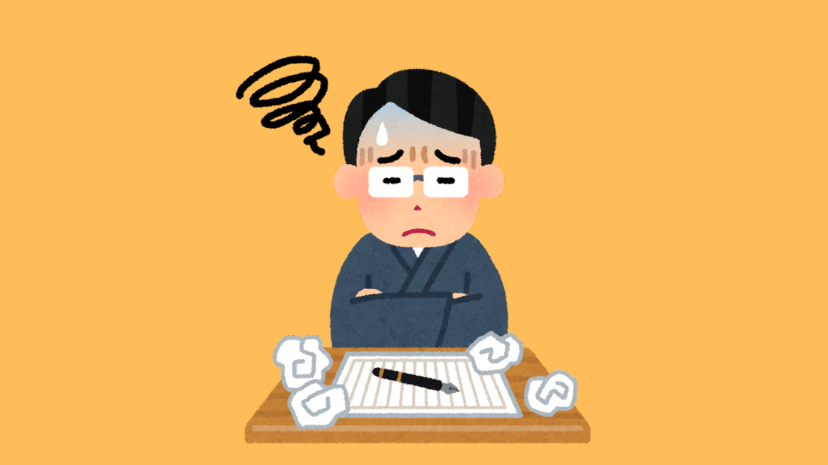In the U.S. alone, more than 13 million people live with a terminal or serious illness, according to the Center to Advance Palliative Care. The effects of such illnesses take a great toll on a patient’s mental and physical health, as symptoms range from fatigue to the inability to walk, a person’s quality of life decreases significantly as their illness progresses.
The question often arises: Is living through all that suffering truly worth it? In a recent study conducted by the National Library of Medicine, 44 terminally ill patients were entered into the observation. Of those 44 patients, 25% (11 patients) were said to be “severely depressed,” 16% (seven patients) “wished for death” and 2% (one patient) were actively suicidal.
Taking this into consideration, other countries outside of the U.S. have taken drastic approaches to solve this issue. In areas like Switzerland, physicians and non-physicians are able to perform a procedure known as assisted suicide. Assisted suicide is when a healthcare provider assists a patient in their death by giving them the means or information in order to perform the act. Whether through a prescription of sleeping pills or the patient committing the act, the deed is legal in nine states and often encouraged among those with extreme suffering.
At first glance, assisted suicide may seem wrong and cruel, however the majority of Americans find the procedure to be morally correct. The Gallup states that 71% of Americans believe a doctor should be allowed to help end a patient’s life if the patient or their family requests it. Similarly, I agree with the vast majority of Americans.
As someone who has watched a loved one suffer from a terminal illness, the effects the illness has on the individual are life-changing and irreversible. The person you once knew becomes someone you have never met before.
The constant physical pain, mixed with the thoughts things will most likely not improve, makes living extremely difficult. While my family member did not pass away due to an assisted suicide, I truly believe the option could have helped prevent some of the pain they experienced in the weeks leading up to their death.
Similarly, Lauren Foszcz, a sophomore education major, agrees.
“Yes, assisted suicide should be allowed because if one is struggling and in pain, it may be easier to go down that route, so that the suffering ends quicker,” Foszcz said.
Foszcz also has some words for those who do not agree with the operation.
“Put yourself in other people’s shoes,” Foszcz said. “If you saw a family member struggling, wouldn’t you want them to be at peace and comfortable?”
Often, a misconception regarding assisted suicides is that they “encourage” typical suicides. To set the record straight: Assisted suicide should only be used on terminally ill patients whose quality of life has diminished and no cure has been found.
The purpose of the procedure is to ease the pain of those who are suffering and cannot be helped. A large portion of terminally ill patients become depressed or wish that they were not alive. Therefore, the operation is designed to alleviate this stress for them.
It is also important to note that the effects of terminal illnesses not only impact the patient, but also affect the individual’s family and friends. A study conducted by Healthtalk found that those with family members that were terminally ill, were extremely anxious, lost sleep and experienced tension with others. Many of these individuals felt intense worry as they did not know what to expect when it came to their sick relative.
Assisted suicide is not supposed to be an “easy way out.” It is a solution for those who ultimately cannot be further helped.
If the patient wants and consents to it, then it should be an option as no one should be forced to live through immense pain – due to a terminal illness – if they do not want to. It may seem murderous and harsh, but the intention is pure. Assisted suicide allows patients to take control of their own life; not the terminal-illness.














